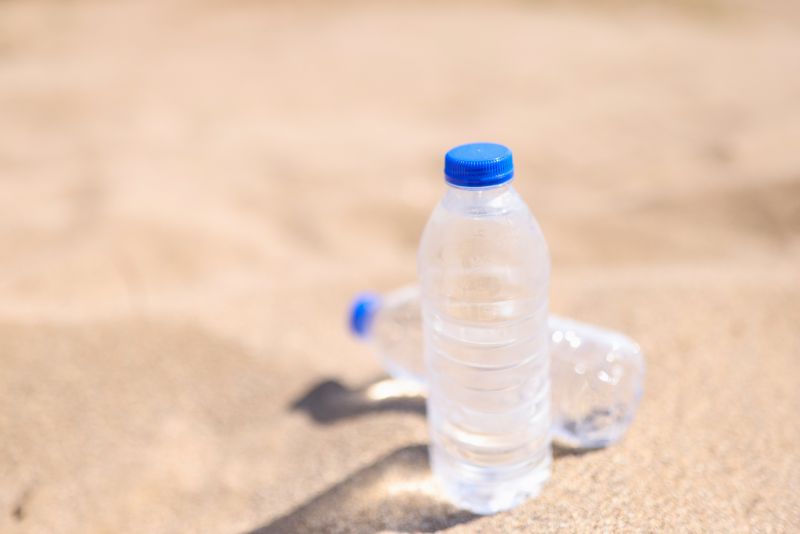The Benefits of Water Softeners Outweigh the Costs
Water softeners help reduce the impact of hard water on your home. Hard water can clog up your pipes and appliances, and can affect the lifespan of your heating and air conditioning units. You can also suffer from a build-up of scale on your faucets, showerheads, and other plumbing fixtures. It can also leave mineral deposits in ceramic tile and coffee makers.
(Searching in Google “water company Missoula“? Contact us today!)

Hard water can be a serious health threat, and can cause significant damage to your plumbing, appliances, and other home objects. It can also increase your energy costs. Buying new appliances to repair the damage caused by hard water can put a strain on your wallet, but a water softener can help. In fact, some of the benefits of softened water are so significant that they outweigh the costs of buying a softener.
A water softener works by removing calcium and magnesium from your water. These minerals are essential for healthy bodies and strong teeth. During the “softening” process, sodium replaces these two minerals. During this process, the resin beads in the water softener grab hold of the minerals in the water and release the ions. Depending on the hardness of the water, the amount of sodium released may vary.
Some people are concerned about the sodium that they may consume from their softened water. Fortunately, the sodium added by a water softener is not unhealthy. In fact, it is a minor additive, and does not add up to more than one percent of your daily sodium intake. If you have any concerns about your sodium intake, you should consult your doctor before installing a water softener.
Some types of water softeners can remove copper and manganese. These systems usually have special filter media or filtering components that can eliminate the metal from your water supply. They cost more than typical softeners, but they may be worth it if you want to remove metal from your water.
If you are on a restrictive diet or want to avoid salt, you should also consider using a salt-free water softener. These systems typically use potassium-chloride, which is considered to be more environmentally friendly. However, if you have kidney problems or are concerned about your sodium intake, you should still consult your doctor before purchasing a water softener.
Many people are concerned about the environmental impact of creating and disposing of water softeners. They may worry that the wastewater generated from the softening process will negatively affect the environment. A whole house carbon filtration system can remove chemicals and contaminants from your drinking water.
If you have questions about the effects of a water softener, you can call a water testing laboratory for an accurate assessment. A water test will show whether your water is soft or hard. If you are in a hard water area, a water softener is likely necessary. It is important to have your water tested regularly to make sure it is operating properly.
If you have a water softener installed, you will have to regularly use a detergent to keep it in good working order. You should also install a sediment filter in front of the unit. This is especially helpful with well water that contains a lot of dirt and debris.

